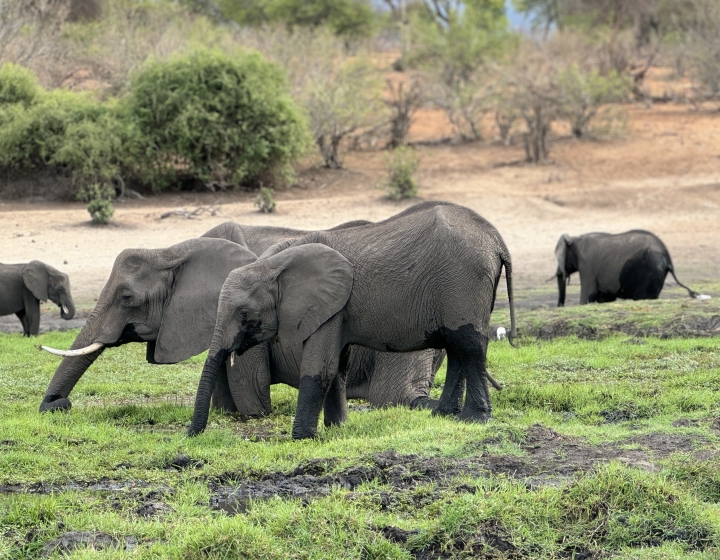Pioneer and innovator in cat health recognized
 Dr. Fred Scott DVM ’62, PhD ’68 will be recognized with the Daniel Elmer Salmon Award for Distinguished Alumni Service, given annually by the Alumni Association of the College of Veterinary Medicine at Cornell University. To be presented at the New York State Veterinary Conference, on October3, 2008, the award recognizes and honors Cornell College of Veterinary Medicine graduates who have distinguished themselves in service to the profession, their communities or to the College.
Dr. Fred Scott DVM ’62, PhD ’68 will be recognized with the Daniel Elmer Salmon Award for Distinguished Alumni Service, given annually by the Alumni Association of the College of Veterinary Medicine at Cornell University. To be presented at the New York State Veterinary Conference, on October3, 2008, the award recognizes and honors Cornell College of Veterinary Medicine graduates who have distinguished themselves in service to the profession, their communities or to the College.
The award is named in honor of Cornell's first DVM graduate, who is remembered for his pioneering work in controlling contagious animal diseases in the early 20th century. D.E. Salmon was one of Dr. James Law's first students when Cornell University opened its doors in 1868. He received the Bachelor of Veterinary Science degree in 1872 and entered practice in Newark, NJ. He continued his advanced research at Cornell and in 1876 he was awarded the Doctor of Veterinary Medicine degree. This was the first DVM degree to be awarded in the United States of America.
Born and raised on a dairy farm in western Massachusetts, Dr. Scott’s original draw to the veterinary profession was cattle. As life unfolded, though, he walked through a “series of doors that opened unexpectedly” that led him to a profession devoted to cats. He established the internationally known Cornell Feline Health Center in 1974 to improve the quality of life for cats through research and education. Since its founding, the Center has served as a resource center for feline practitioners and cat owners across the world.
“Thirty-five years ago, cats were not getting much attention,” said Dr. Scott, whose research career began with the identification of the optimum time to vaccinate kittens against feline panleukopenia. “We knew very little about their needs, the diseases that attack them, and how best to care for them. It is very different today. Seminars and conferences are devoted exclusively to feline, and we are in a much better position to ensure the quality of their lives thanks to state-of-the-art research, including research that has been sponsored by the Center.”
Dr. Scott began his veterinary career as a private practitioner in Rutland,Vermont, where he worked for about two years. He then conducted research on foot-and-mouth disease at Plum Island Animal Disease Center. In 1965 he returned to Cornell to study virology under Dr. James Gillespie in the Department of Microbiology. After earning his doctorate, he joined the College’s faculty in 1968 as an assistant professor of virology, rising through the ranks to full professor. He retired as an emeritus professor in 1996. In 2007, with the sudden passing of the Feline Health Center’s director, Dr. Jim Richards, Dr. Scott was asked to step in once again as the Center’s interim director, a position he filled until June 30, 2009.
Dr. Scott was one of the early leaders in the American Association of Feline Practitioners, serving as President-Elect in 1974-76, and President in 1976-78. He is a diplomate of the American College of Veterinary Microbiologists, an Honor Roll Member of the American Veterinary Medical Association, a member of the National Association of Practitioners, and Honorary First Fellow of the Academy of Feline Medicine.
Dr. Scott taught the virology and viral diseases course to all veterinary students for some 20 years. He taught feline infection diseases within the veterinary curriculum for nearly 40 years, first within the Small Animal Infectious Diseases elective that he started in 1970, and then in retirement as a guest lecturer within the Feline Infectious Disease elective.“I’ve had many opportunities to watch ‘change,’” said Dr. Scott. “When I came back to the Center after 10 years, it was most interesting to see how technology had impacted the day-to-day duties and improved the possibility for life-changing discovery. The vision for the center has not changed, though. It remains a strong and vibrant leader in feline health. I am blessed to have been a part of the Feline Health Center and the faculty of the College of Veterinary Medicine, to have had a great cadre of outstanding graduate students and research associates, and to have a large and very supportive family. I’m humbled that my work has been recognized with the Salmon Award. Many of my mentors and colleagues have received this award, and it is a tremendous honor to receive it as well.”





